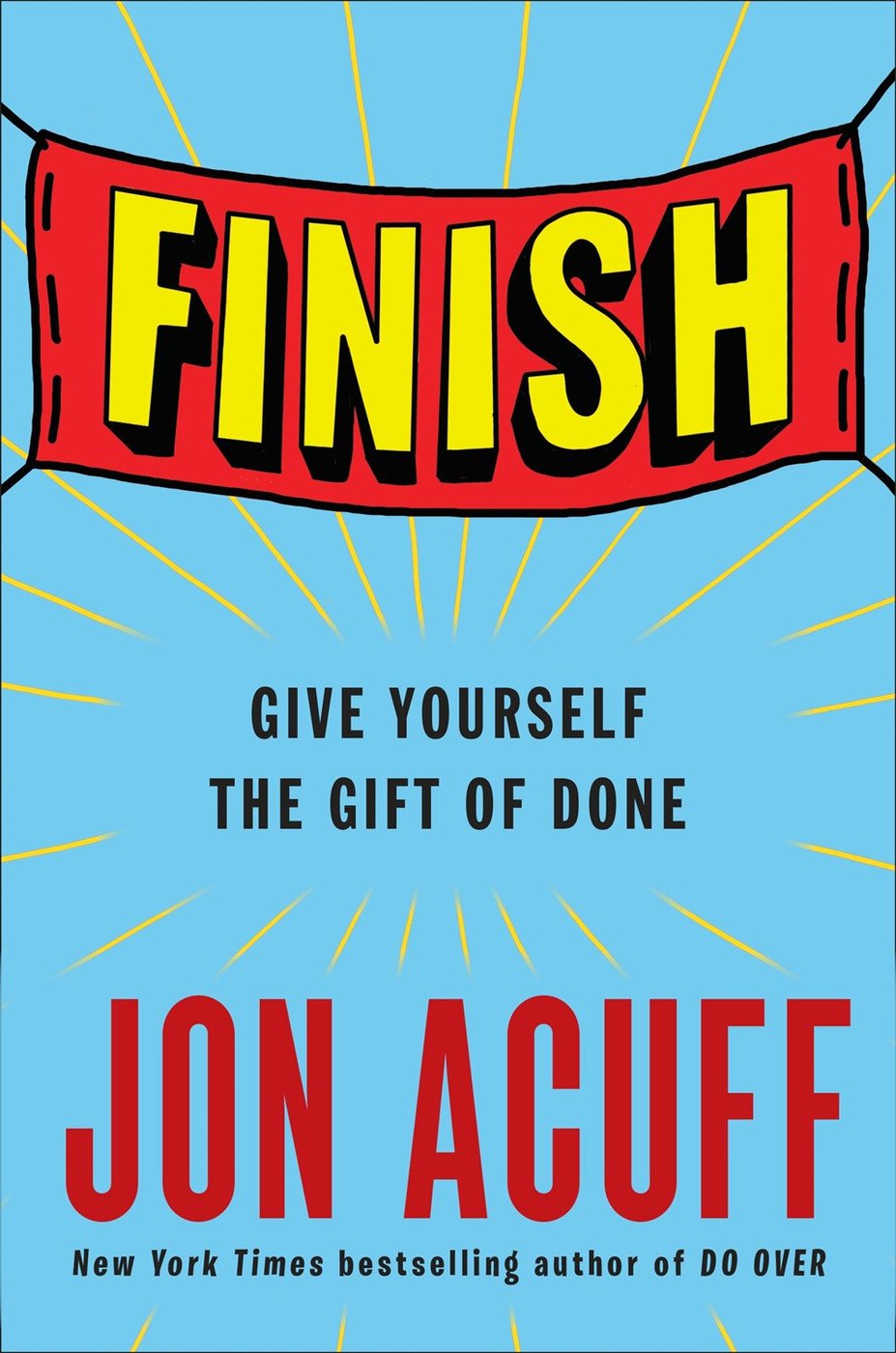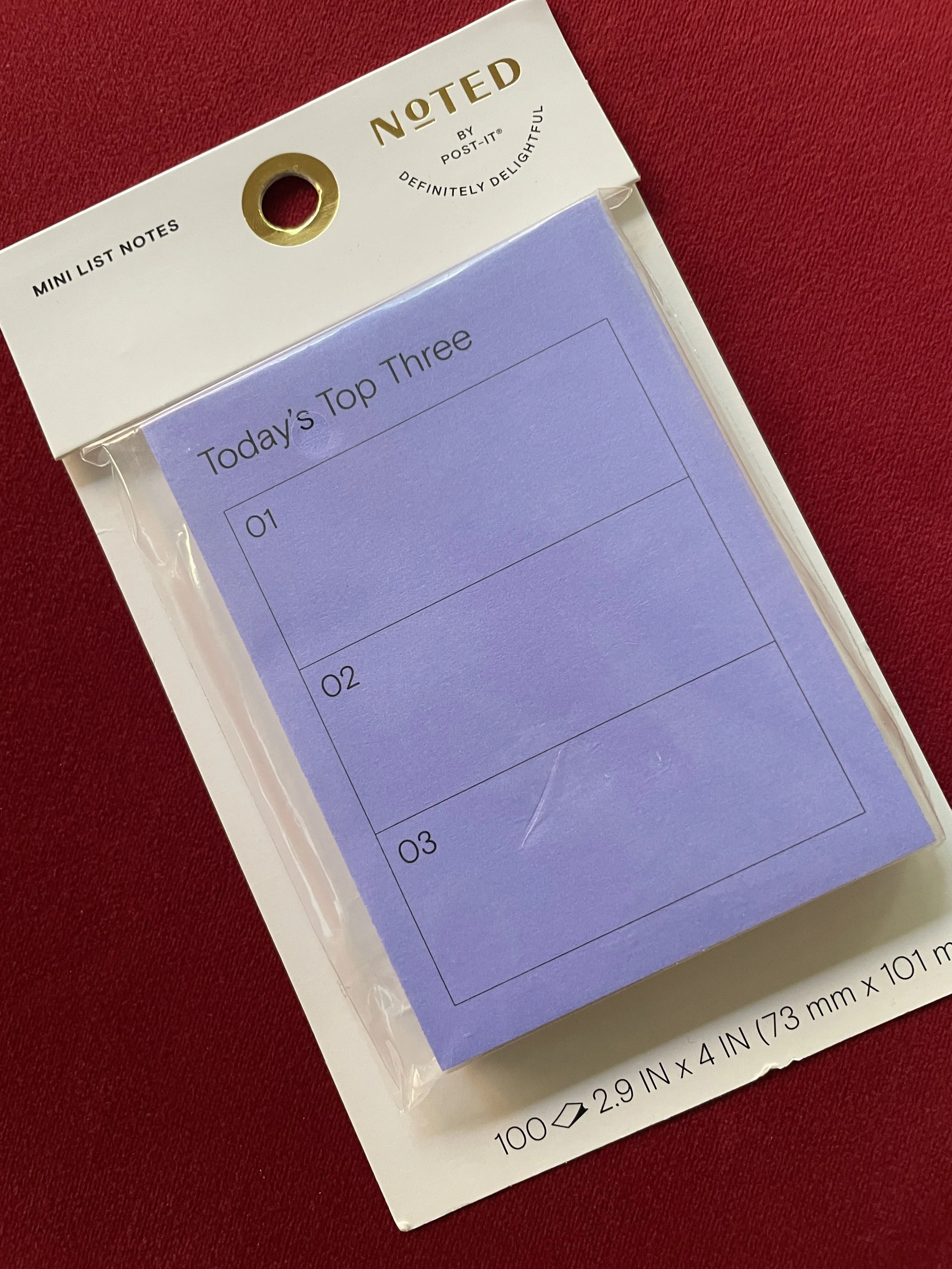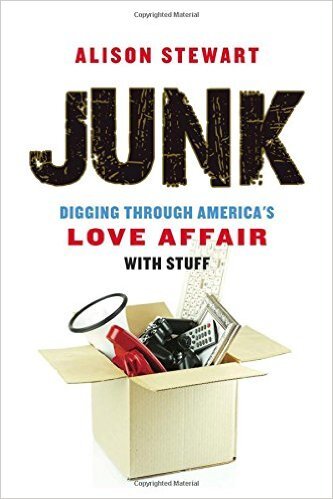This is the newest release (v47) of the “What’s Interesting?” feature, with my latest finds that inform, educate, and relate to organizing and life balance. These unique, inspiring possibility discoveries reflect this month’s blog theme.
You are an engaged, vibrant, and generous group. I am deeply grateful for your ongoing presence, positive energy, and contributions to this community. I look forward to your participation and additions to the collection I’ve sourced.
What do you find interesting?
“Consistent action will create the possibilities you desire.”
What’s Interesting? – 5 Best Possibilities Discoveries
1. Interesting Workshop – Decluttering Possibilities
Are you overwhelmed by clutter? If so, you’re not alone. One in four people have clutter challenges, which can affect anxiety levels, relationships, and ability to focus. What would be possible if you had a path forward?
I’m thrilled to offer this popular one-hour live Zoom workshop, How to Conquer Clutter, on October 17th from 7:00-8:00 pm Eastern. Discover where clutter comes from, why it’s so hard to let go, and what you can do about it.
You’ll come away with manageable clutter-reducing strategies, energizing possibilities, and powerful insights. Reserve your spot today!
2. Interesting Read – Completing Possibilities
Are you a great starter yet have difficulty finishing? You get 95% done and then feel challenged completing that last 5%.
Finish – Give Yourself the Art of Done by best-selling author and speaker Jon Acuff says he used to think people’s biggest challenge was the fear of getting started. While he recognizes that the “beginning is significant,” the “finish” matters more.
Through workshops and research, Acuff discovered that “what it takes to really finish are so counterintuitive that most of them will feel like shortcuts.” He said the “less that people aimed for perfect, the more productive they became.”
Working harder isn’t the answer. Embracing and becoming tolerant of imperfection is a “key factor in turning chronic starters into consistent finishers. Chronic starters quit the day after perfect.”
Finish is filled with valuable reframes and strategies. For example, you might think the opposite of perfectionism is failure. Acuff suggests, “It’s not. The opposite is finished.”
Does completion seem more possible now?
3. Interesting Resource – Selling Possibilities
Do you have digital devices like cell phones, computers, CDs, DVDs, games, and other tech equipment you no longer want? Do you need help disposing of them responsibly and efficiently? A possibility is here!
Decluttr is an excellent resource for helping you recycle and make some cash. Decluttr will buy your old devices and tech items that are broken or in working condition. They make it easy with this three-step process:
Sell It – Get an instant price for your tech.
Send It – Send your stuff for free.
Spend It – Get paid by direct deposit or PayPal.
In addition to buying tech items, Decluttr also buys and recycles college, school, textbooks, and children’s books.
4. Interesting Product – Focusing Possibilities
I love getting things done as much as the next person. However, what happens when you have so much to do that you feel overwhelmed and stuck? One possibility is to reduce the scope.
Using this cute “Today’s Top Three” mini list from Noted by Post-It®, you can narrow your focus to only three items. What? Just three, you say? Yes! Rein it in. Pick three doable tasks you can make progress on today.
You'll feel confident in what is possible when you take small actions and experience progress. Which will be your top three for today?
5. Interesting Thought – Imagining Possibilities
If things are the want you want them to be, that’s OK. Each day presents an opportunity to imagine, dream, and engage in what’s possible.
While thinking is essential to moving forward, it’s only the beginning. Thought plus action equals progress. Consistent action will create the possibilities you desire.
Let today be the start of what’s possible.
Can you share one possibility-related discovery? Which of these resonates with you? I’d love to hear your thoughts and invite you to join the conversation.
Do you want help getting unstuck, reducing overwhelm, getting organized, and focusing on possibilities? If so, I’m here for you. Contact me, Linda, at linda@ohsorganized.com, call 914-271-5673, or schedule a Discovery Call. Progress is possible, especially with support.

















